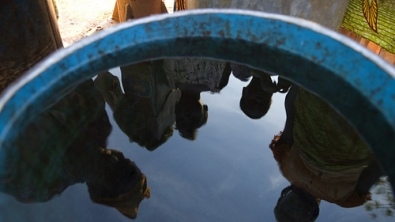A half-day seminar organized by the World Bank Africa Region will present Brazilian cooperation experiences in the areas of agriculture, social protection and vocational training. Brazil-Africa South-South Cooperation Seminars will take place on two dates: next Tuesday, June 5th, at 8 a.m. (EST Time, 9 a.m. Brasilia time); and Thursday, June 14th, at 9 a.m. (EST Time, 10 a.m. Brasilia time). The first event will be webcasted live in English and Portuguese, while the second one can be watched live in English and French.
Brazil and Africa are natural partners with strong historic and cultural links. Complementing these links, Brazilian technology seems to be easily adaptable to many African nations because of geophysical similarities in soil and climate. Brazil’s recent successes on the social and economic fronts have attracted attention from many African countries.
Ghana, Kenya, Liberia, South Africa, Tanzania and Zambia (showcased in the first event), Angola, Burundi, Mozambique, Niger and Senegal (highlighted in the second event) have requested Brazilian cooperation in areas such as tropical agriculture, tropical health, vocational training, energy and social protection among others. Also, Brasilia today hosts 33 African embassies, the largest concentration in the Southern Hemisphere, and the country has 37 embassies in Africa, up from 17 in 2002.
This fruitful partnership is discussed in a report recently produced by the Capacity Development and Partnership Unit of the Africa Region at the World Bank (WB) and the Brazilian Institute for Applied Economic Research (IPEA). Bridging the Atlantic, Brazil and Sub-Saharan Africa shows how these places are jointly developing a model of South–South relations that could benefit both.

